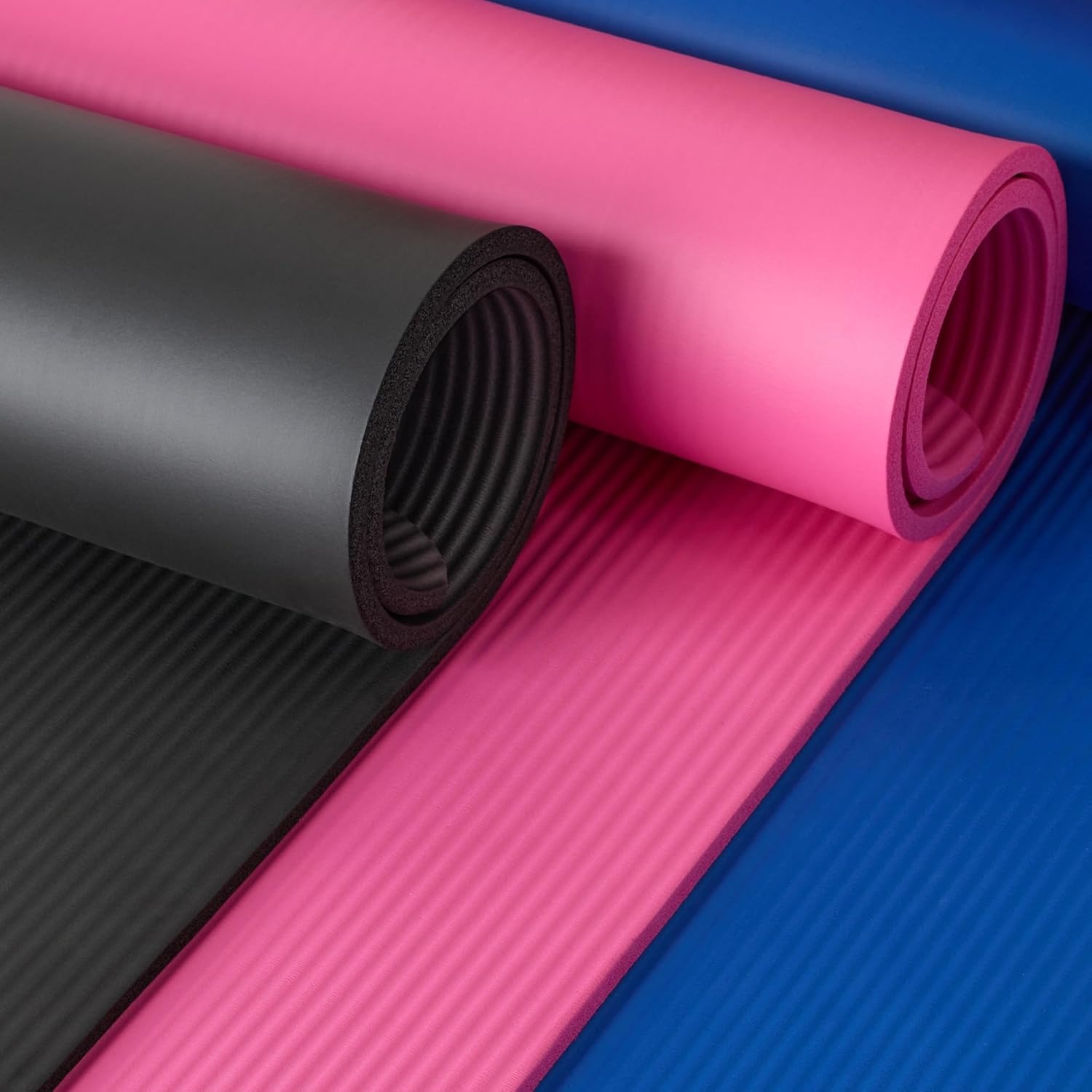Introduction to Protein Shake Induced Stomach Issues
Many people use protein shakes to enhance their fitness goals. However, some experience stomach discomfort after consumption, known as ‘protein shake induced stomach issues.’ Why does protein powder make my stomach hurt?This discomfort can range from mild bloating to severe cramps.
The causes of such discomfort are diverse but often linked to ingredients such as lactose, artificial sweeteners, and high protein content. These ingredients can trigger digestive stress, particularly in individuals with sensitivities or intolerances.
This blog post will explore the various factors that contribute to stomach discomfort from protein shakes. We will look at protein types, discuss how your body processes these proteins, and provide strategies to minimize or prevent stomach issues.
Understanding the Causes of Stomach Discomfort from Protein Shakes
Understanding why protein shakes can cause stomach aches is crucial. Why does protein powder make my stomach hurt?The main culprits often include protein overdose, lactose from dairy ingredients, and artificial additives. This discomfort can hamper workout goals and overall well-being.
Protein Overload and Digestive Stress
Consuming too much protein in one sitting can tax your digestive system. Your body can only process a certain amount of protein at a time. Exceeding this limit can lead to bloating, gas, and aches.
Role of Lactose Intolerance and Dairy Proteins
Lactose, found in dairy-based proteins, is a common irritant for those with intolerance. It can trigger bloating, diarrhea, and sharp pains.
Impact of Artificial Sweeteners and Additives
Artificial sweeteners and certain additives may cause discomfort. Ingredients like aspartame, sucralose, or xanthan gum can upset sensitive stomachs.
Avoiding these pitfalls involves choosing the right protein, timing your intake, and balancing your diet. Opt for powders suited for lactose intolerance or avoid those with artificial sweeteners. Being mindful of how much and how quickly you consume your protein shake can make all the difference.

Key Types of Protein Powders and Their Digestibility
Choosing the right protein powder is vital for stomach comfort.Why does protein powder make my stomach hurt? Let’s explore common types and their effects.
Whey Protein and Lactose Sensitivity
Whey protein often contains lactose, which can cause discomfort for those sensitive to dairy. Opting for whey protein isolate, which has less lactose, may help alleviate these issues.
Plant-Based Protein Options
Plant-based proteins, like pea and rice, are great alternatives. They are typically easier to digest and suit those with lactose intolerance or dairy sensitivities.
The Pros and Cons of Popular Protein Ingredients
Each protein type has benefits and drawbacks. Whey is great for muscle building but can upset sensitive stomachs. Plant-based options are gentler but may have lower protein content per serving.
It’s important to match the protein type with your dietary needs and digestive health. This ensures you receive the benefits without discomfort.
Strategies to Mitigate Stomach Discomfort
Appropriate Timing for Protein Intake
Why does protein powder make my stomach hurt?Timing is crucial in avoiding discomfort from protein shakes. Wait 30 to 60 minutes post-workout to drink your shake. This allows your digestive system to recover and better process the protein.
Adequate Protein Dosage and Absorption
Stick to the recommended serving size to prevent overloading your system. Understand your body’s protein needs—usually between 25-30 grams per meal for optimal absorption without distress.
Importance of Meal Balance and Pre-Workout Nutrition
Balancing your diet is key to reducing protein shake-induced discomfort. Eat a balanced pre-workout meal about 1-2 hours before exercise. Include carbohydrates and a moderate amount of protein to prepare your digestive system.
Incorporating these strategies can significantly reduce stomach discomfort associated with protein shakes, enhancing both your digestion and workout performance.

Alternative Protein Sources for Sensitive Stomachs
For those with stomach sensitivity, finding the right kind of protein is essential to avoid discomfort. Here are alternative protein sources that are generally well-tolerated by sensitive stomachs.
Benefits of Plant-Based Proteins
Plant-based proteins, such as pea, rice, and hemp, are typically easier on the stomach. They lack lactose and common allergens found in dairy proteins like whey. Many also find these proteins to be less inflammatory, helping to reduce stomach discomfort post-consumption. Opting for plant protein can also provide additional nutrients like fiber, which aids digestion.
Non-Dairy Alternatives Worth Considering
Non-dairy alternatives such as soy protein, almond protein, and egg white protein offer robust protein contents without the lactose associated with traditional dairy-based proteins. They are suitable for individuals who are lactose intolerant or allergic to dairy. These options allow for muscle recovery and growth, similar to whey, without the associated stomach issues.
Supplements to Enhance Protein Digestion
For those who still face challenges with protein digestion, incorporating digestive aids can be beneficial. Supplements like digestive enzymes and probiotics can help break down protein molecules, making them easier to absorb and less likely to cause stomach upset. Incorporating these into your diet may help enhance your overall digestive health and reduce symptoms associated with protein consumption.
Understanding your body’s needs and choosing the right type of protein can dramatically reduce discomfort and enhance your nutritional intake. Always consider consulting with a healthcare provider to tailor your diet to your specific health requirements and to ensure optimal digestive health.

Practical Tips for a Smoother Protein Shake Experience
Navigating the world of protein shakes without digestive upset involves more than just choosing the right protein. Here are practical strategies to ensure your protein shake experience is comfortable, efficient, and healthy.
How to Choose a Safe Protein Powder
Select protein powders that agree with your digestive system. Opt for lactose-free or plant-based proteins if dairy upsets your stomach. Always read labels to avoid added sugars and artificial ingredients which can cause discomfort.
Preparing Protein Shakes to Minimize Discomfort
Mix protein shakes properly. Ensure the powder fully dissolves to avoid lumps that can exacerbate stomach distress. Consider blending with digestible fruits like bananas to enhance flavor and fiber content.
Adjusting Consumption Habits and Quantities
Drink protein shakes slowly, giving your body time to adjust. Why does protein powder make my stomach hurt?Stick to recommended serving sizes to prevent protein overload, which can lead to discomfort. Try consuming half a shake before and half after your workout to spread out protein intake.
These straightforward adjustments can make a significant difference in how your body handles protein shakes, leading to a more comfortable and sustainable fitness routine.
Digestive Health and Gut Flora
A healthy gut plays a vital role in digestion. Some individuals may experience stomach pain due to an imbalance in gut flora. Taking protein powder can influence gut bacteria. This change might lead to gastrointestinal discomfort.
Probiotics can help maintain a healthy gut environment. Incorporating yogurt or fermented foods can support digestive health. These foods can restore balance in gut bacteria, potentially alleviating protein powder discomfort.
In addition to probiotics, consuming enough prebiotics is also crucial. Foods like garlic, onions, and asparagus can promote healthy bacteria growth. By nurturing gut flora, it is possible to improve digestion. This can make protein powder consumption more agreeable.
Sensitivity to Ingredients in Protein Powders
Sensitivity to specific ingredients in protein powders can cause stomach pain. Some people may not tolerate certain protein sources well. For example, those with lactose intolerance may experience severe discomfort with whey protein. Identifying personal sensitivities is essential for effective management.
In many cases, trial and error can help determine which protein powders suit an individual best. Alternatives like plant-based protein powders may be preferable. However, each person’s body reacts differently, making it essential to pay attention to reactions after consumption.
Ultimately, understanding the ingredients and listening to one’s body is vital. Trying different products can lead to discovering a suitable protein source. Being cautious about ingredient lists can minimize the risk of discomfort.

Consulting Professionals: When to Seek Help
Dealing with stomach pain after drinking protein shakes can be more than just discomfort; it might signal a need for professional advice. It’s vital to know when to reach out to healthcare experts.
Signs You Should Consult a Dietician
If you’re struggling to find a protein shake that doesn’t upset your stomach, a dietician can help. Frequent discomfort, bloating, gas, or other digestive issues after consuming protein shakes are signs you need expert advice. A dietician can analyze your dietary habits and identify the root cause of the discomfort. With their guidance, you can tailor your diet to suit your digestion and fitness goals.
Recognizing Severe Digestive Reactions
Should you experience severe pain, vomiting, or symptoms of an allergic reaction like hives or breathing difficulties, it’s essential to seek medical attention immediately. These symptoms could indicate a serious intolerance or allergy. In such cases, immediate medical intervention is necessary as it could potentially be life-threatening.
Guidance on Protein Intake for Specific Health Conditions
People with health conditions affecting digestion, like IBS or Crohn’s disease, should consult their doctors. These individuals require specialized guidance on protein intake. Patients recovering from surgery, or those with kidney issues, also need medical advice on their protein consumption to avoid adverse effects.
In conclusion, while protein shakes can be beneficial for muscle recovery and meeting fitness goals, they should not cause distress. Consulting professionals can provide the right support and ensure your dietary supplements align with your health needs.



